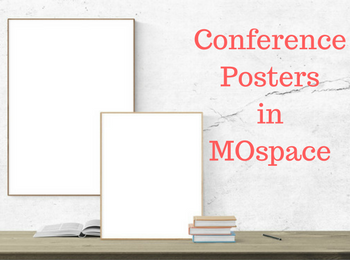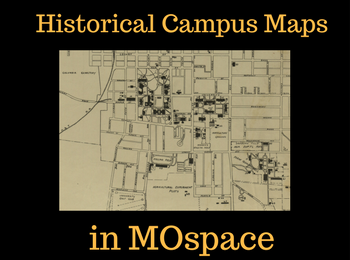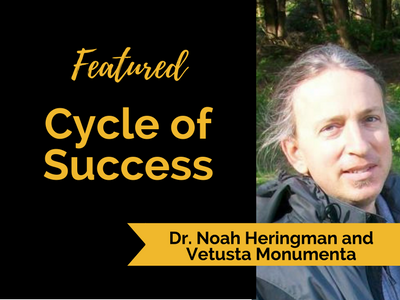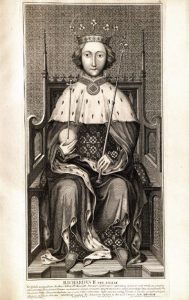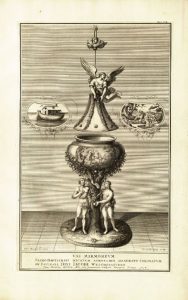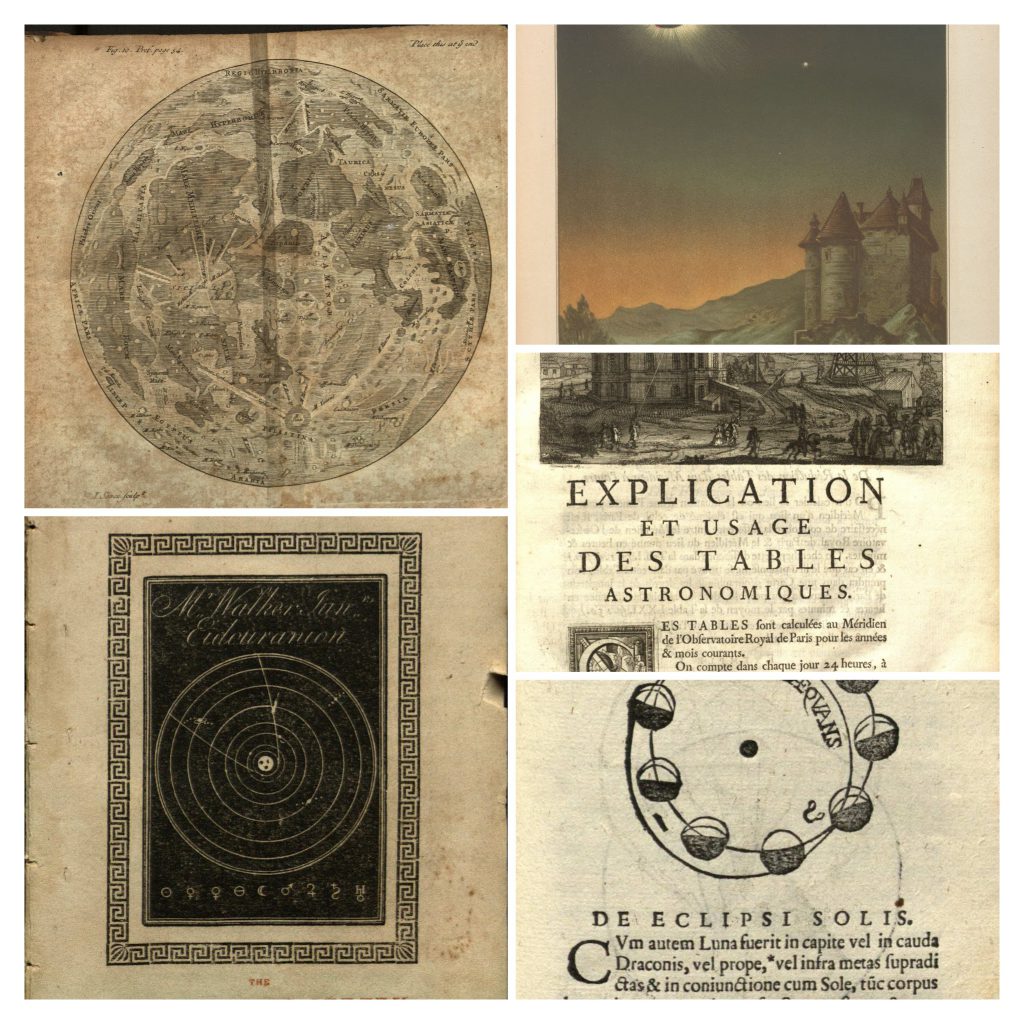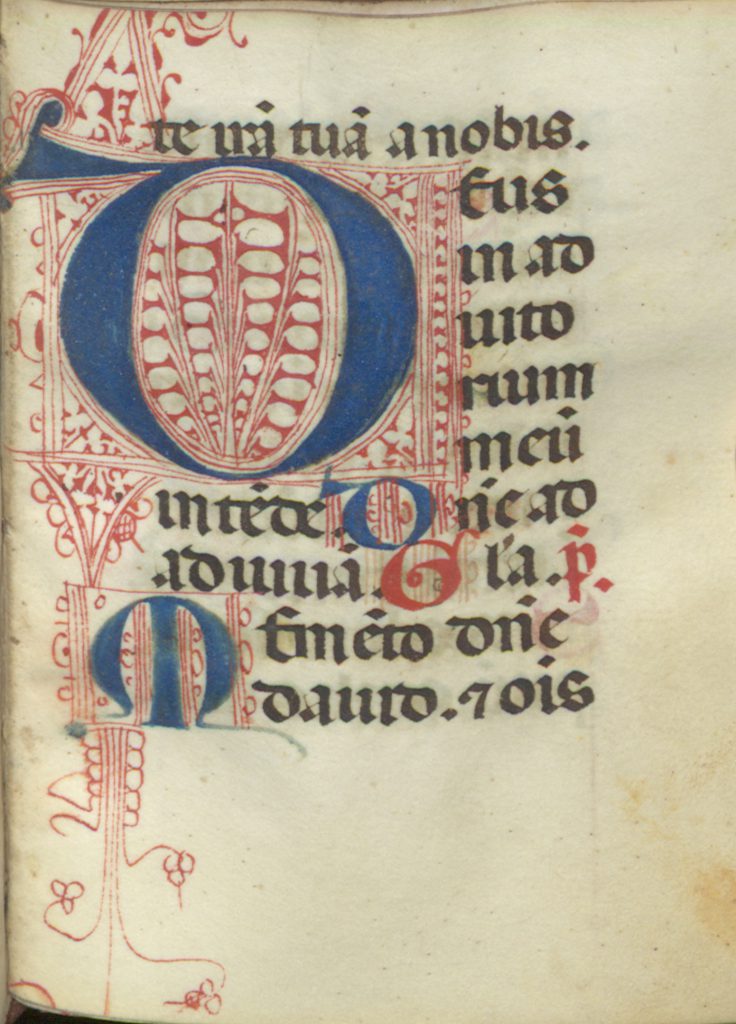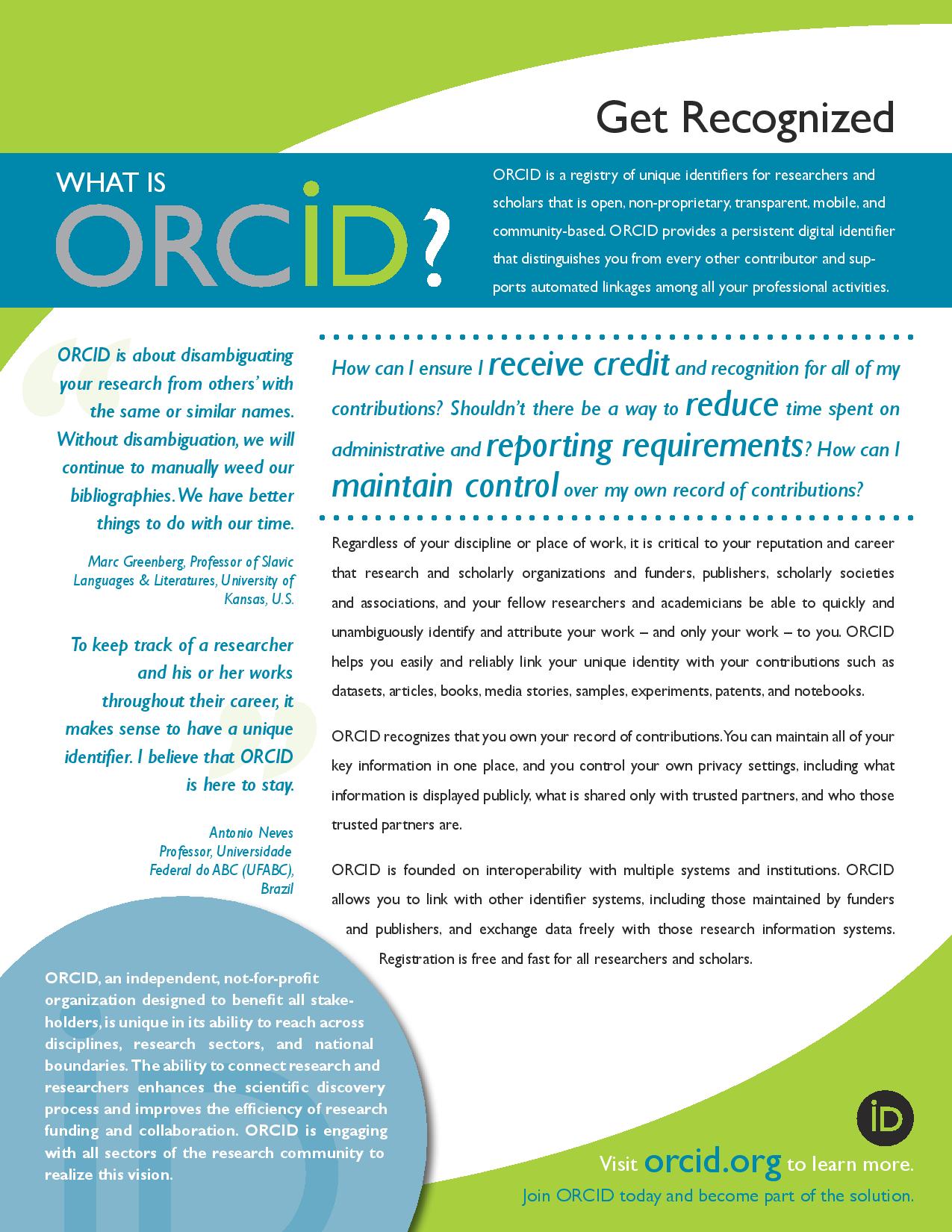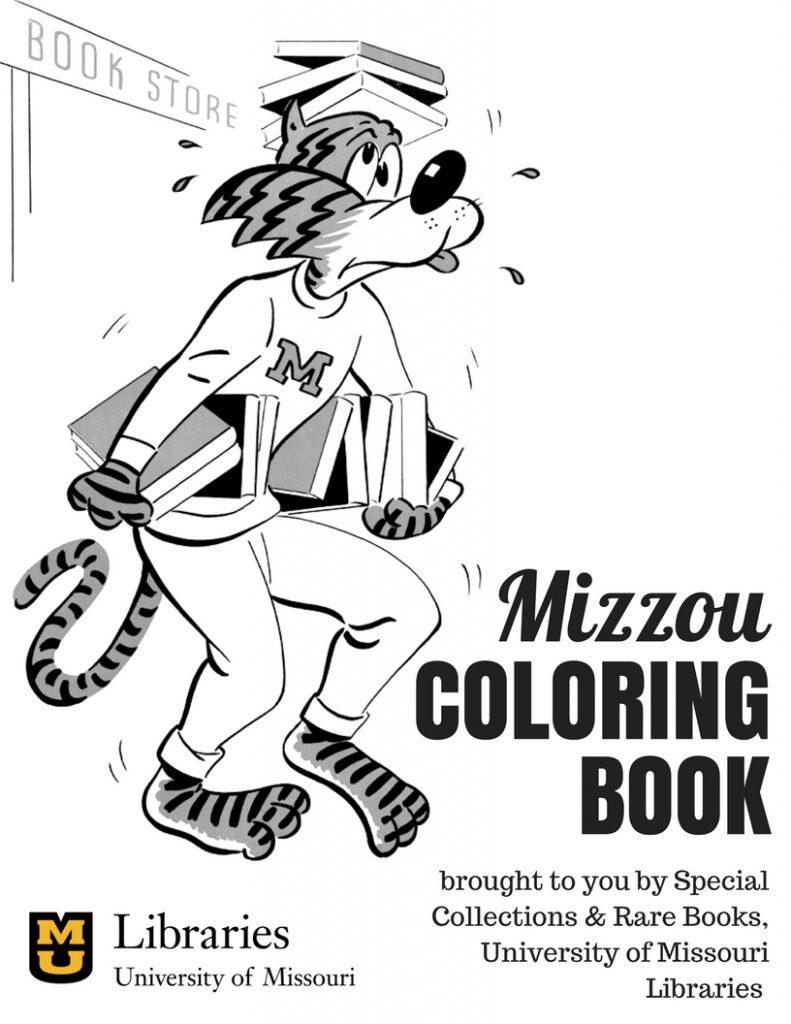Following is a list of MU Titles that were recently added to the HathiTrust. The plus sign before the title indicates that this was a unique contribution to the HathiTrust; i.e., no one else had contributed a copy of this. Some of the items were new when we started digitizing them and another institution has contributed them in the meantime. These volumes were digitized by the Digital Services Department.
Government Publications
+ Cotton hosiery for women : a portfolio of design / by David H. Young. 1942.
+ Fall and winter seasonal apparel. 1942.
Farm labor / Crop Reporting Board, Statistical Reporting Service, U.S. Department of Agriculture. 1944-1946.
Journalism Typography Project
American line type book, borders, ornaments, price list printing material and machinery. 1906.
+ American specimen book of type styles, complete catalogue of printing machinery and printing supplies, vol. 1-2. 1912.
+ Barnharts big blue book containing specimens superior copper-mixed type. : Borders, ornaments, rule, etc. manufactured by Barnhart brothers & Spindler. 1897.
A brief history of printing, volume 2 / by Frederick W. Hamilton … 1918
+ Catalogue of body type faces both modern roman and oldstyle : together with a showing of body type sundries, list of accents, miscellaneous signs, etc. 1913.
+ Hygiene of the printing trades / [by] Alice Hamilton and Charles H. Verrill. 1917.
+ The practice of typography : correct composition; a treatise on spelling, abbreviations, the compounding and division of words, the proper use of figures and numerals, italic and capital letters, notes, etc. … 1916.
The printed book / by Harry G. Aldis. 1916
+ Specimens of plain and fancy brass rule : as shown in the 1912 American specimen book of type styles. 1912
+ Specimens of types & borders, and illustrated catalogue of printers’ joinery and materials. 1919.
Special Collections and Rare Books
+ Anakreontos Tēiou Melē = Anacreontis Teii Odae / ab Henrico Stephano luce & Latinitate nunc primùm donatae. 1554.
+ Aristotelous Peri kosmou, pros Alexandrou : Aristotelis De mundo liber, ad Alexandrum : cum versione latina Gulielmi Budaei. 1745
Bibliografía aragoneza del siglo XVI / Juan M. Sánchez. 1913-1914.
Ek tōn Aristotelous kai Theophrastou = Aristotelis et Theophrasti scripta quaedam : quae uel nunquam antea uel minus emendata quam nunc edita fuerunt. 1557.
+ Eine Anzahl wertvoller Schriften / Geschnitten, und herausgegeben von Gebr. Klingspor. 1914.
+ Mémoire de droit public sur la ville de Strasbourg et l’Alsace en général. 1789.
